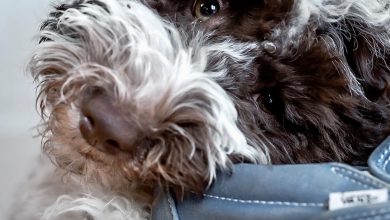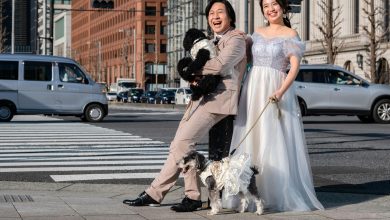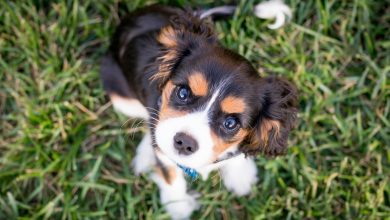Is Early Socialization Really Beneficial for Puppies
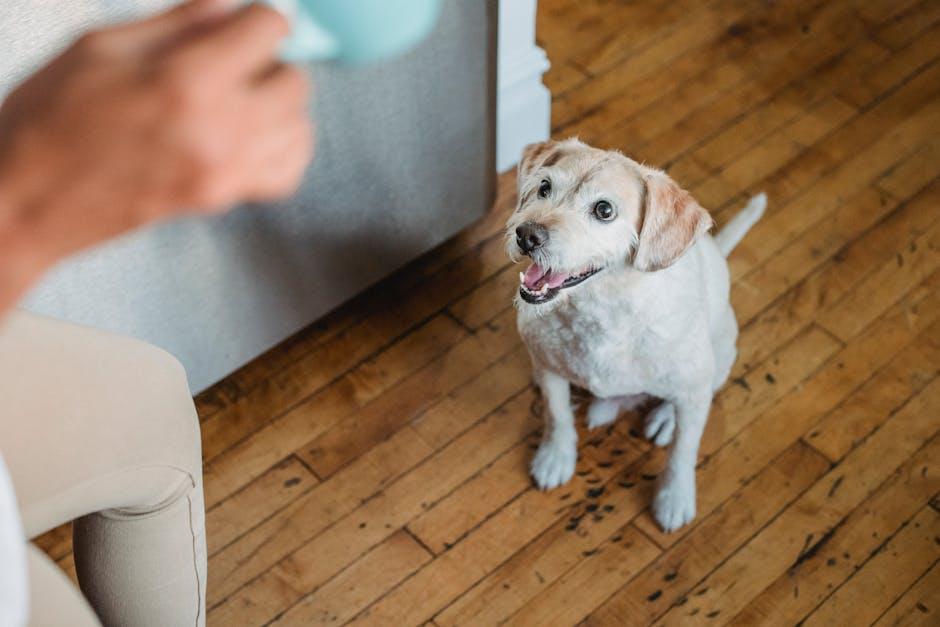
When you bring a new puppy into your home, it’s natural to want to give them the best start in life. Among the many responsibilities that come with puppy parenthood, socialization often tops the list. But what exactly is early socialization, and why do so many experts emphasize its importance? In this article, we’ll explore the concept of early socialization for puppies, breaking down what it entails, its potential benefits, and how you can effectively incorporate it into your puppy’s routine. Whether you’re a first-time dog owner or a seasoned pet parent, understanding the nuances of early socialization can help ensure your furry friend grows into a well-adjusted, confident adult dog. Let’s dive in and discover if early socialization is truly beneficial for your new four-legged family member.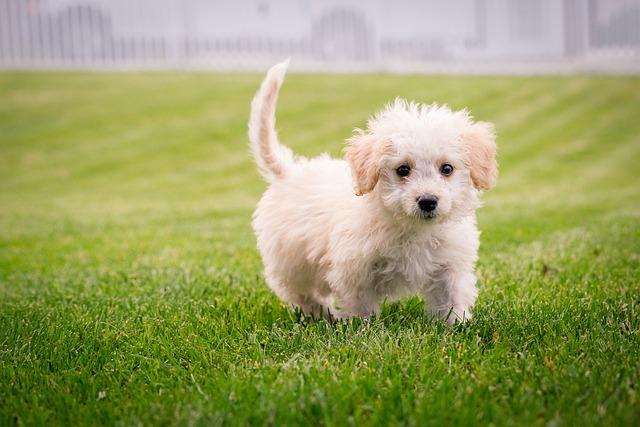
Understanding the Basics of Puppy Socialization
Socialization is an essential part of a puppy’s early development, often determining how well they adapt to their environment and interact with other animals and humans. During the first few months of life, puppies are like sponges, ready to absorb new experiences. Proper socialization can lead to a more confident, well-behaved dog. Key aspects of socialization include exposing your puppy to various environments, people, and other animals. This exposure helps them learn how to respond appropriately and reduces the likelihood of fear-based behaviors in the future.
- Introduce your puppy to different sounds, such as vacuum cleaners, traffic, and children’s laughter.
- Allow them to meet people of all ages and appearances to foster a positive attitude towards strangers.
- Expose them to varied environments like parks, pet-friendly stores, and friends’ houses.
- Encourage interaction with other dogs and pets to teach them proper play and communication.
Remember, the goal is to create positive experiences. Always supervise these interactions and reward your puppy with treats and praise for calm and friendly behavior. By investing time in early socialization, you’re setting the stage for a lifetime of healthy relationships and a well-adjusted canine companion.
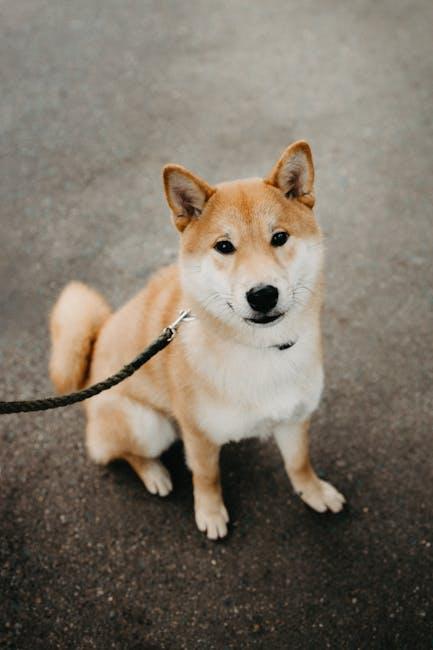
Identifying Key Socialization Milestones for Puppies
- Weeks 3-7: Introduction to the World
- This phase is crucial as puppies start to open their eyes and ears to the world around them.
- They begin to explore their environment and engage with their littermates, learning important social cues.
- Introducing various sounds, smells, and gentle handling during this period can build a foundation of confidence.
- Weeks 8-12: Expanding Horizons
- During these weeks, puppies are highly receptive to new experiences, making it the ideal time for exposure to different people, animals, and settings.
- Regular, positive interactions can help mitigate fear responses and foster a well-adjusted temperament.
- It’s beneficial to introduce basic training commands, enhancing their ability to communicate with humans.
- Weeks 13-16: Reinforcement and Exploration
- This stage is about reinforcing the lessons learned in earlier weeks while continuing to explore the world beyond their immediate environment.
- Encourage social interactions with a variety of dogs and people, ensuring each encounter is positive and rewarding.
- Exposure to different textures, sounds, and sights will help them adapt to new situations more comfortably.
Early socialization is about creating a tapestry of positive experiences that equip puppies with the skills needed to navigate their world confidently. Remember, each interaction should be positive and safe, fostering a lifelong love for new adventures.
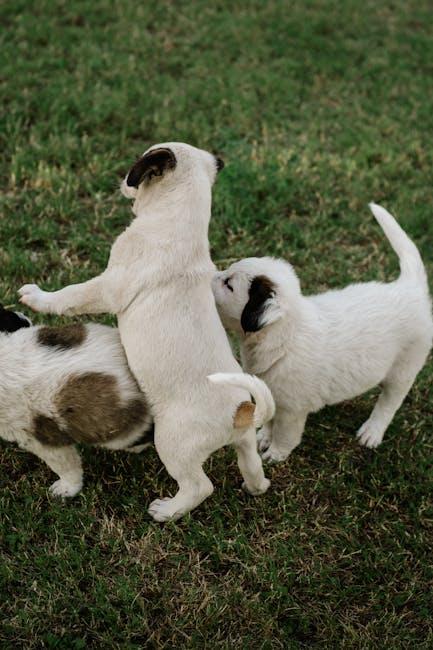
Creating a Positive Socialization Experience for Your Puppy
To ensure your puppy grows into a well-adjusted adult dog, crafting a nurturing and positive socialization experience is crucial. Here are some tips to make this journey enjoyable and effective:
- Introduce New Environments: Gradually expose your puppy to various settings, like parks, beaches, and urban areas, allowing them to become comfortable with diverse surroundings.
- Engage with Different People: Encourage interactions with people of all ages, genders, and appearances to help your puppy learn that humans are friendly and safe.
- Foster Animal Friendships: Arrange playdates with other vaccinated puppies and gentle adult dogs to teach appropriate play behavior and communication.
- Use Positive Reinforcement: Reward your puppy with treats and praise when they exhibit calm and friendly behavior during new experiences.
Remember, the goal is to make these experiences as positive as possible, reinforcing confidence and curiosity in your puppy’s early development.
Expert Tips for Overcoming Common Socialization Challenges
- Start Small: Begin with brief, controlled interactions in familiar environments. Gradually introduce new settings and situations to prevent overwhelming your puppy. Use positive reinforcement to encourage calm behavior.
- Understand Body Language: Puppies communicate a lot through their posture and movements. Learn to recognize signs of stress or fear, such as tucked tails or excessive panting, and remove them from the situation if needed.
- Consistency is Key: Regular socialization sessions help your puppy develop confidence. Aim for daily encounters with different people, animals, and environments to build a well-rounded social experience.
- Reward Progress: Celebrate small victories with treats and praise. Positive reinforcement not only builds confidence but also strengthens the bond between you and your puppy.
Remember, every puppy is unique and may progress at their own pace. Be patient and adjust your approach to suit your puppy’s comfort level. With the right strategies, you can help your furry friend become a sociable and well-adjusted companion.
Wrapping Up
while early socialization plays a pivotal role in shaping a well-adjusted and confident puppy, it’s important to approach this phase with patience and care. Remember, each puppy is unique and may respond differently to various experiences. By gradually introducing your puppy to diverse environments, people, and other animals, you’re laying the foundation for a happy and adaptable adult dog. Keep the experiences positive and rewarding, and always be attentive to your puppy’s comfort levels. With your guidance and support, your furry friend will not only thrive but also develop into a cherished companion for years to come. Happy socializing!
